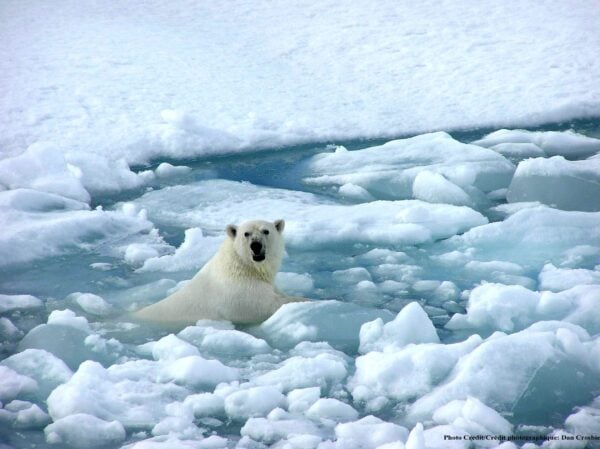The nuts and flakes who believe the world is getting hotter and the sky is falling surprisingly couldn’t come to an agreement about how the world was going to take more money from rich nations and pass it along to poor nations and somehow save the planet.
The Daily Mail reported on Sunday that the UN Summit on climate change was at risk of collapse after weeks of negotiations –
A UN climate summit is at risk of collapsing today after all-night negotiations between countries left them more divided than ever over on how to fight global warming and pay for its ravages, having already gone into overtime for the talks.Delegates from across the world have been in Madrid for the COP 25 conference for nearly two weeks attempting to work towards a deal for countries to commit to new carbon emissions cuts by the end of 2020.Diplomats from rich nations, emerging giants and the world’s poorest countries – each for their own reasons – found fault in a draft agreement put forward by meeting host Chile in a botched attempt to strike common ground….…Ministers from this ‘high ambition coalition’ have called out countries they see as blocking a consensus call for all countries to step up, notably the United States, Australia and Saudi Arabia.China and India, the world’s No. 1 and No. 4 carbon emitters, meanwhile, have made it clear they see no need to improve on their current emissions reduction plans, which run to 2030.
The far-left Guardian reported later on Sunday that not much was achieved this year –
During the talks, governments were reminded continually that the world is far off meeting the pledge made in Paris to hold global heating to no more than 2C above pre-industrial levels, regarded by scientists as the outer limit of safety.Small island states repeatedly stressed that the climate crisis was happening now, with sea level rises, fiercer storms, floods and droughts already causing devastation. Bushfires in Australia and extreme weather around the world in recent months have added to the signals of a growing emergency.Research published during the two weeks of talks showed that greenhouse gas emissions have risen 4% since the Paris accord was signed in 2015, and the world will need to cut carbon by more than 7% a year in the next decade to heed scientific advice.This conference was not expected to produce a major breakthrough on new emissions targets, but it was hoped that a spirit of cooperation and a resolution to act would set the stage for higher ambition next year.Instead, even minor issues such as the role of carbon markets – mechanisms by which countries can sell carbon credits, based on their emissions-cutting efforts – and the financial assistance needed for poor countries to cope with the impacts of climate chaos were all put off until next year after consensus proved elusive.Those questions will return to encumber next year’s talks, where the decks were supposed to have been cleared to focus on emissions cuts. Some countries – chiefly Brazil, but also including China, India and the US – were blamed for using these technicalities to hold up wider progress, in a sign of how difficult next year’s talks will be.The EU came up with the strongest new plan, finally agreeing a bloc-wide goal of reaching net-zero carbon by 2050. Scores of smaller countries agreed similar long-term targets, but other major emitters held back.There was widespread recognition that long-term targets are not enough, and the pressure is now on to forge a short-term climate plan for the next 10 years. The UK will play a leading role as host of a November 2020 conference in Glasgow, but with the US set on withdrawal from the Paris accord and many major economies seemingly unwilling to show much ambition, it will face an uphill struggle.
Never mind that studies show that the earth may actually be moving in the direction of another ice age, the UN and far-left politicians claim the earth is getting warmer and they must be believed.
Eleven years ago this month Al Gore predicted the polar ice cap would be completely melted by now. This and other conspiracies may contribute to the fact that most “rich” countries are not willing to destroy their economies for global warming.

No comments:
Post a Comment